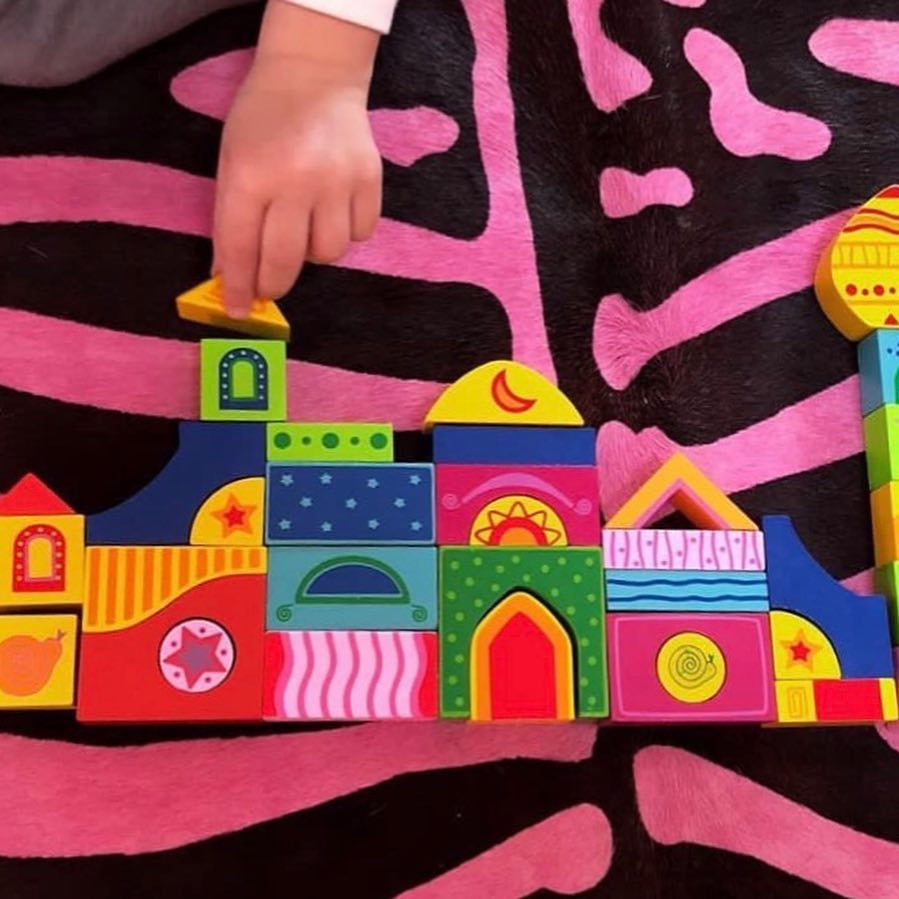Having control over a certain situation or event comes easily to most people. We are born with the ability to take control and over time we nurture this ability. According to me, balance is the key to everything and can be achieved through awareness.
What Is Helicopter Parenting?
The term itself has a negative connotation to it because it indicates that a mother is too involved and smothering the child. But how much is too much? Do any of us have a right or wrong answer to this question? Are we evolving constantly through the parenting journey to create more awareness within ourselves?
When we become mothers, our control levels are heightened and sometimes border on the danger of being maxed out. There are many aspects to helicopter parenting or the ‘art of hovering’ as I like to call it. I don’t think any of us would like to admit to helicopter parenting but be assured that we all do it or have done it at some point during our motherhood journey.
As mothers, it is in our DNA to want to control and schedule every second of our children’s day without realizing the long-term effects of doing so.
Unconsciously Becoming Helicopter Parents And The Effects

Modern parenting is defined by over-crowded schedules for children as young as 2 years old, with their afternoons and evenings filled with music, art, gymnastics, sports, dance and so on. Our thinking is that the less spare time they have and more classes they attend, the more accomplished they will become as adults. We take the phrase “an idle mind is a devil’s playground” too literally when it comes to children and so at the first sign of boredom, an activity is assigned to them. Boredom is good for children because they use that time to imagine, discover and create all by themselves. They learn to not have anyone micro-manage every second of their day.
Dependency on their mothers is natural and expected when children are young and cannot take care of themselves. Mothers are bestowed with the responsibility of having someone depend on them 100% for all their wants and needs. However, as our children grow into teenagers and then young adults themselves, we expect that dependence to slowly transition into a certain level of independence. I believe that this independence takes shape much slower in children whose mothers have their entire routine set in stone with no room for movement.
Are you doing these things right that help you raise a successful child?
Having a set routine is of course of utmost importance as it gives children the consistency they require in their daily lives. It creates happy children because they are aware they know what to expect. However, there are situations where for example a 7.35 PM bedtime instead of the usual 7.30 PM bedtime becomes a bone of contention and that is where the line between balanced parenting and helicopter parenting is crossed. The effects of helicopter parenting can be long lasting with no room for our children to cut the cord and move away from us into the world.
Why We Need To Evolve And Let Our Children Do The Same

One of the things that I want most for my children is for them to learn from experience. By this I mean it is important for them to fail sometimes to benefit from the experience. This may sound strange but unless you try and fail, you don’t learn to succeed later. We try and protect our children from any form of unhappiness that could befall them and in the process, take away any chances of them gaining a fruitful learning experience.
Moreover, we snatch away their opportunity to try and experiment, learn what they are good at and not good at. Space is a much-needed component in our children’s lives and it is our duty to give it to them.
As mothers, our job is to parent our children with the utmost love and care in the world, WITHOUT inhibiting their ability to learn important life skills. We need to keep an eye on their strengths, weaknesses, emotions and so on. Nudging them along through their initial years of life involves letting them be disappointed now and then and when a failure occurs, help them through it. That means giving our children the space they need to grow and learn for themselves.
By doing this, we can help our children become the confident and self-reliant individuals that we all hope they will one day grow up to be.
Image Source: https://forward.com




















